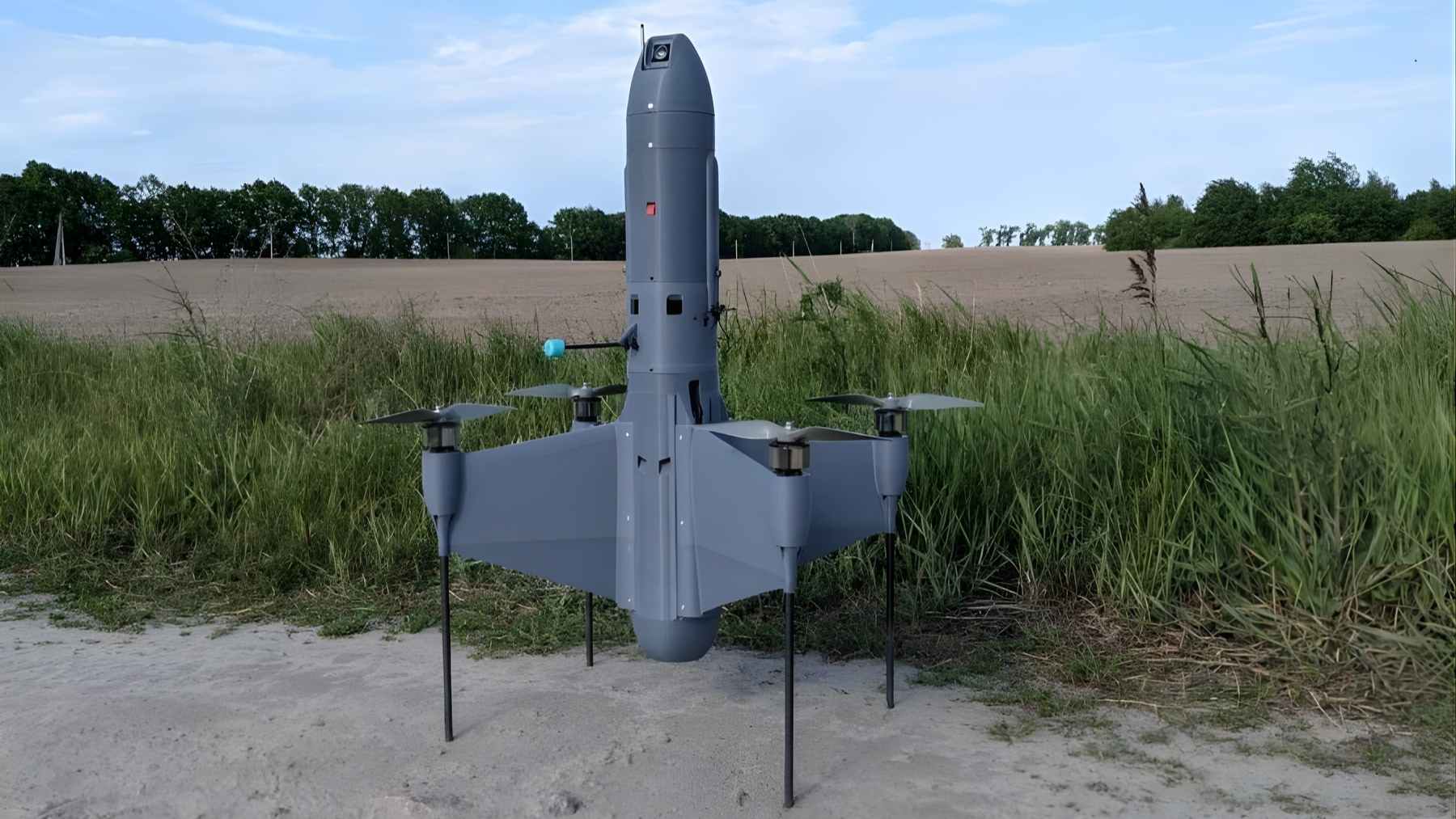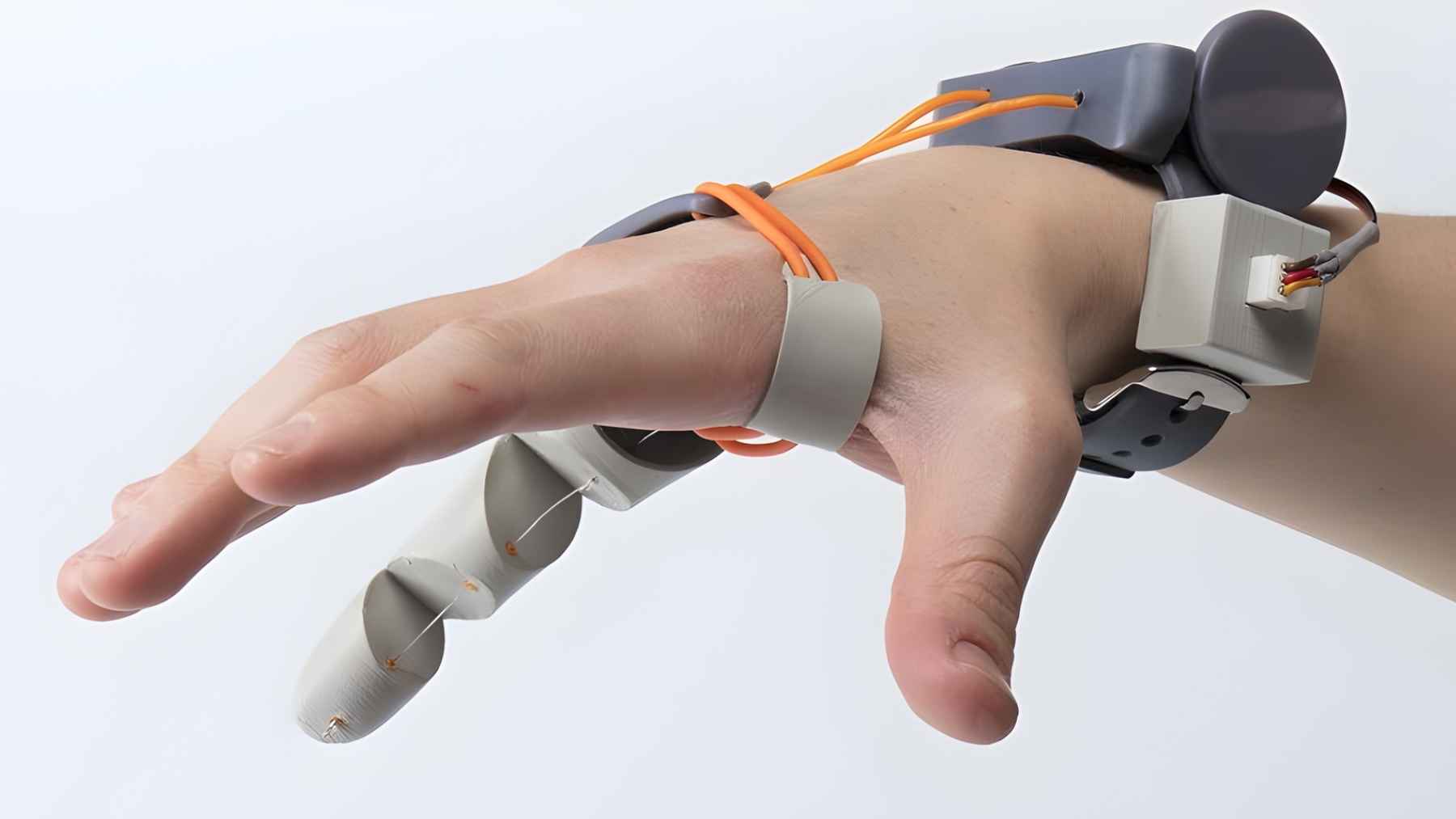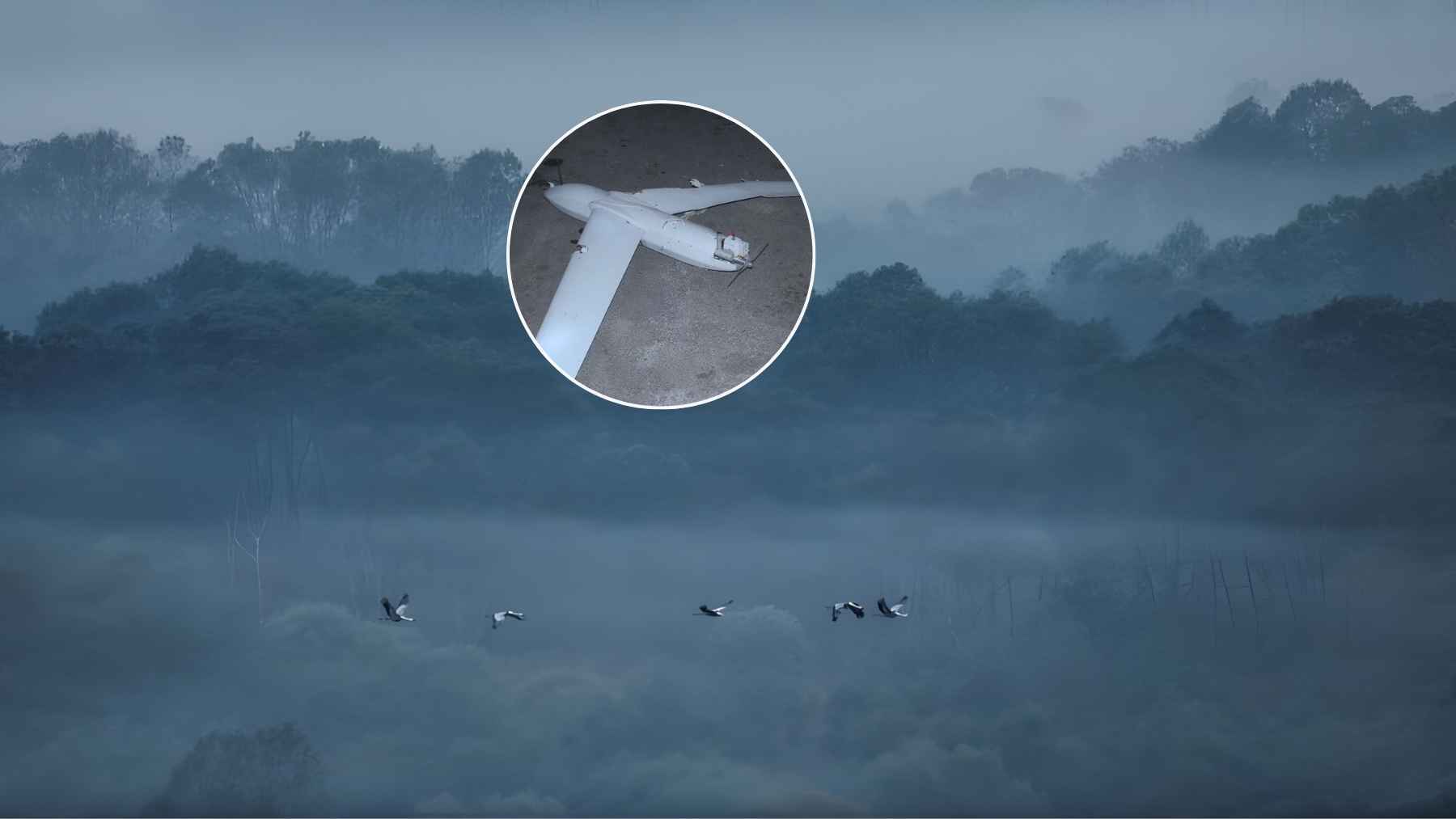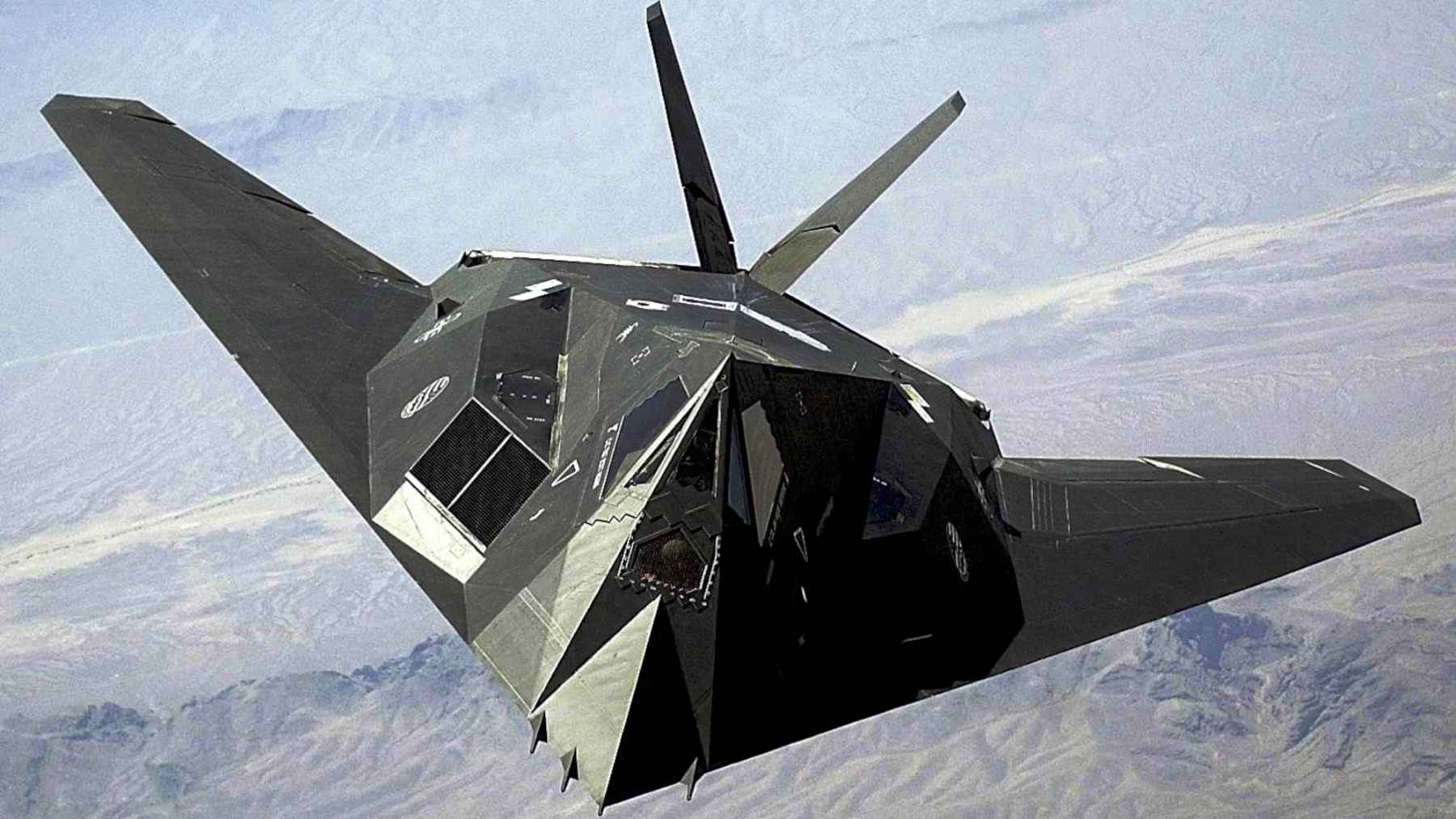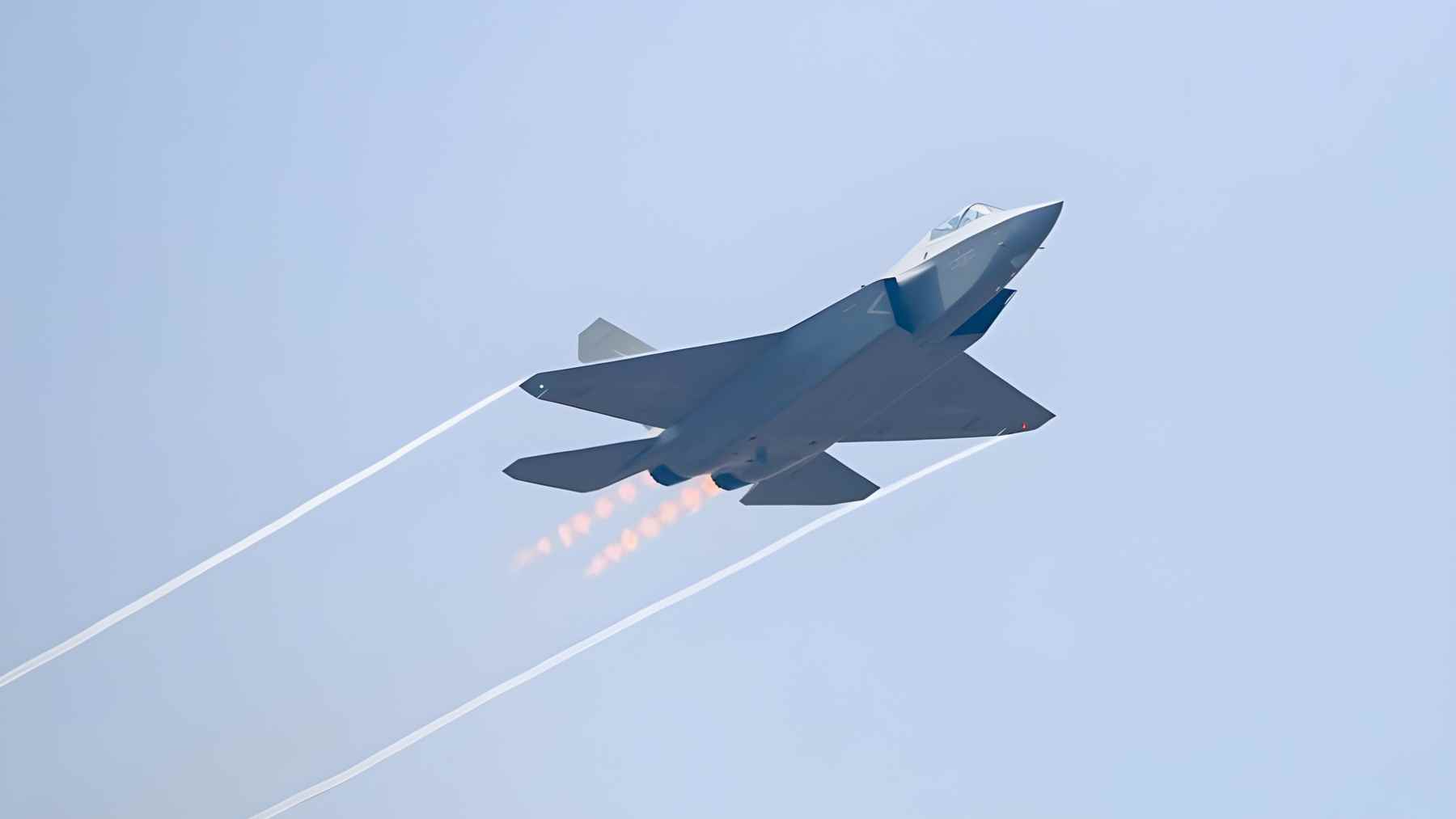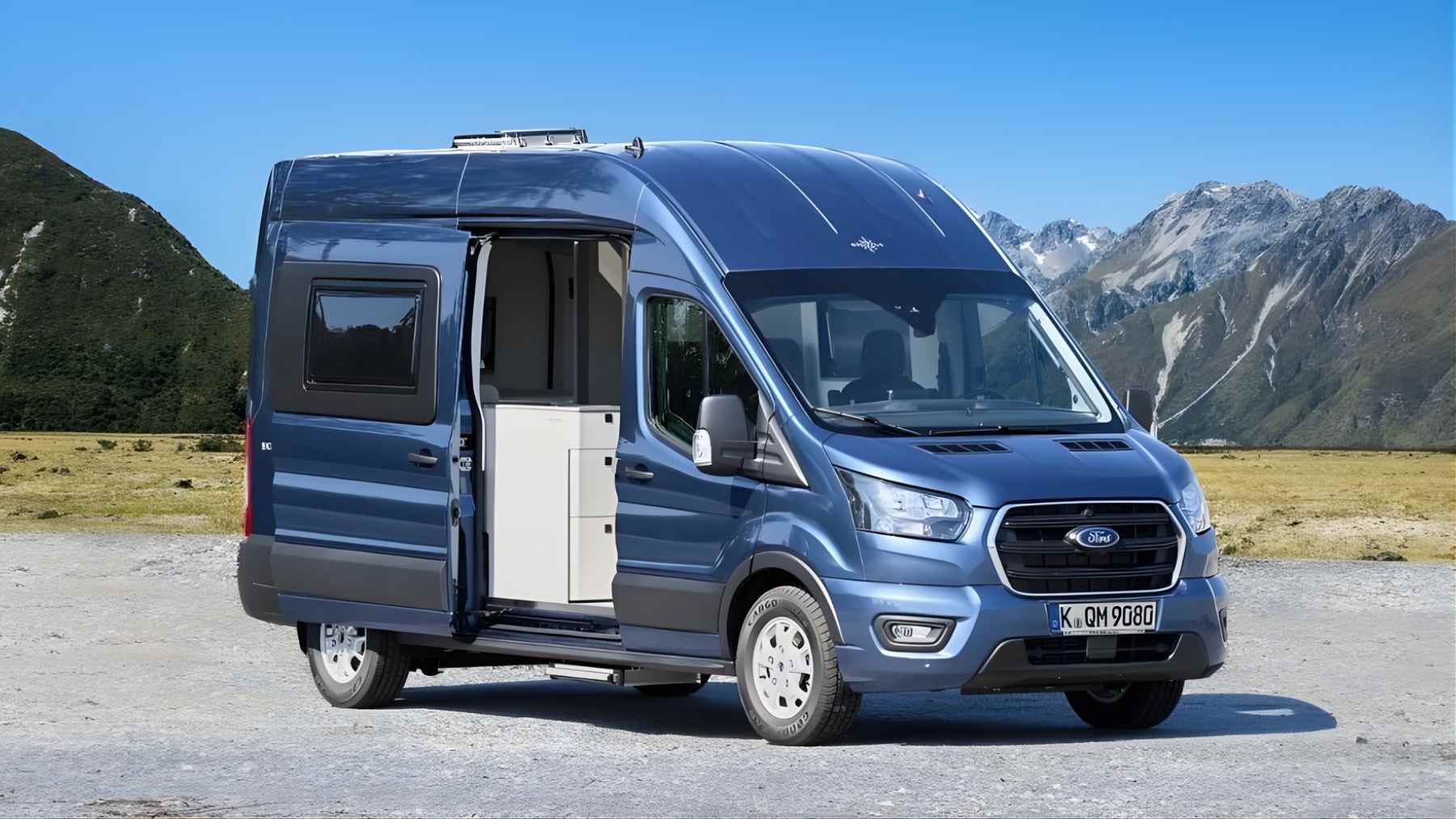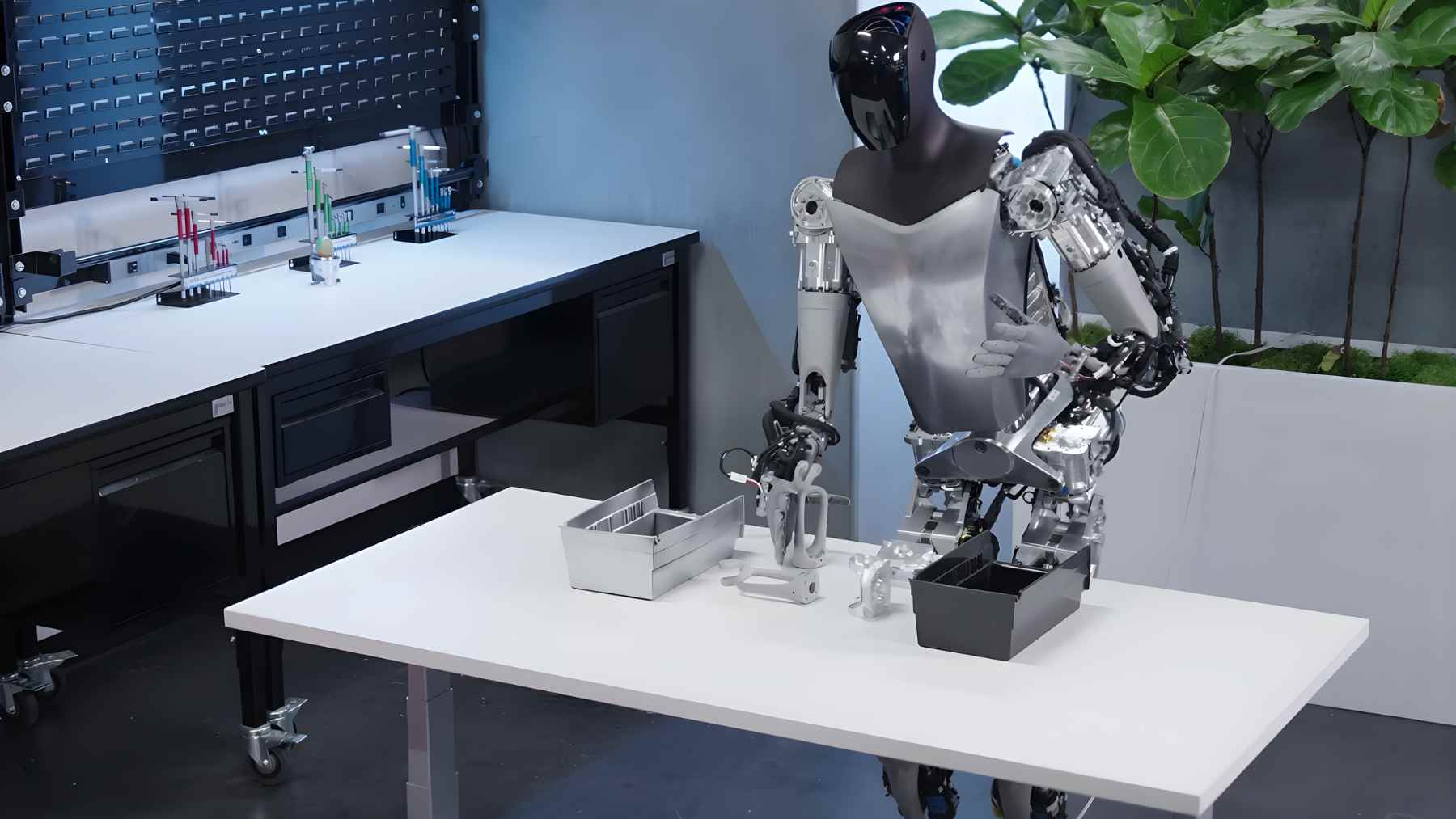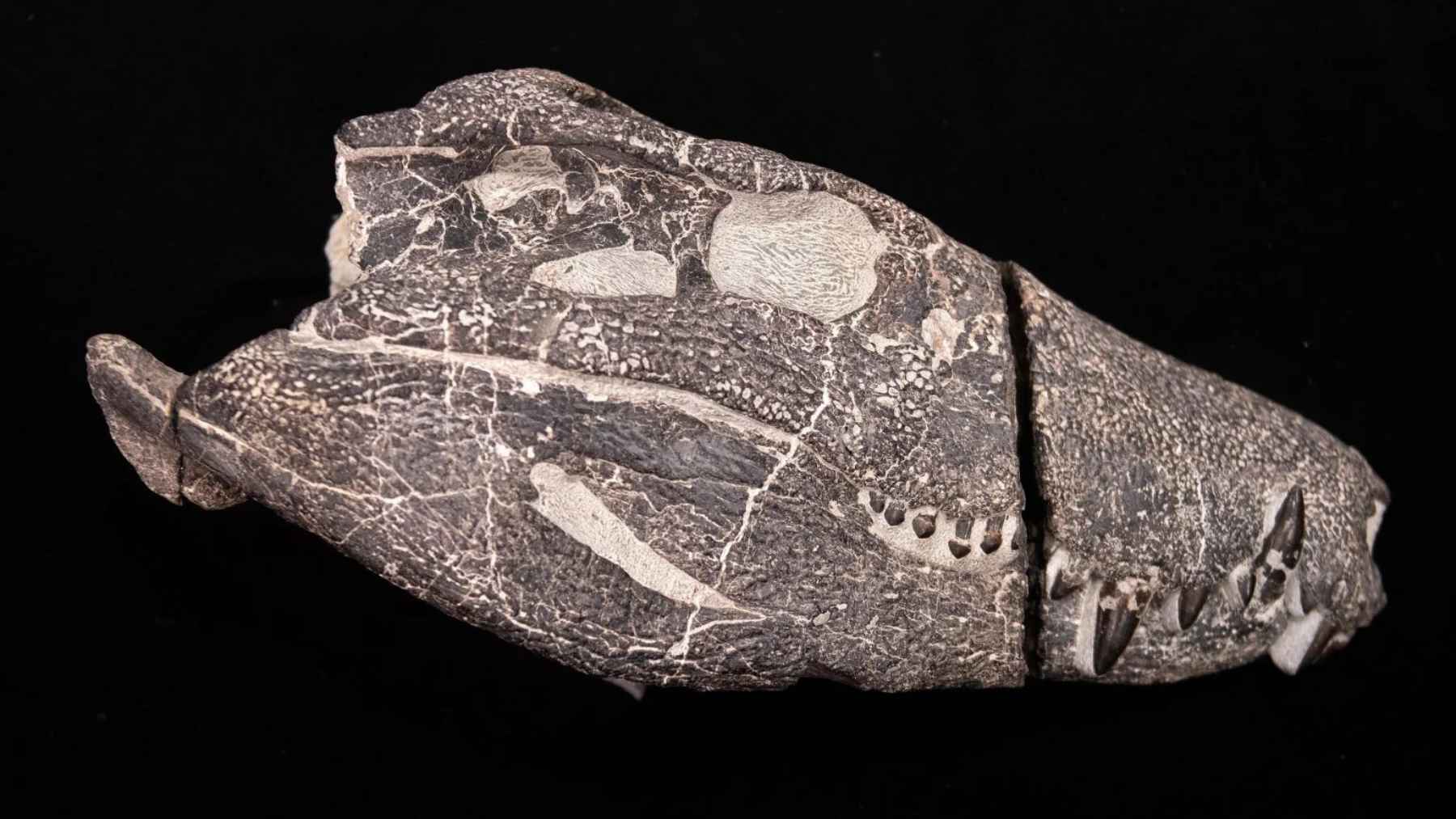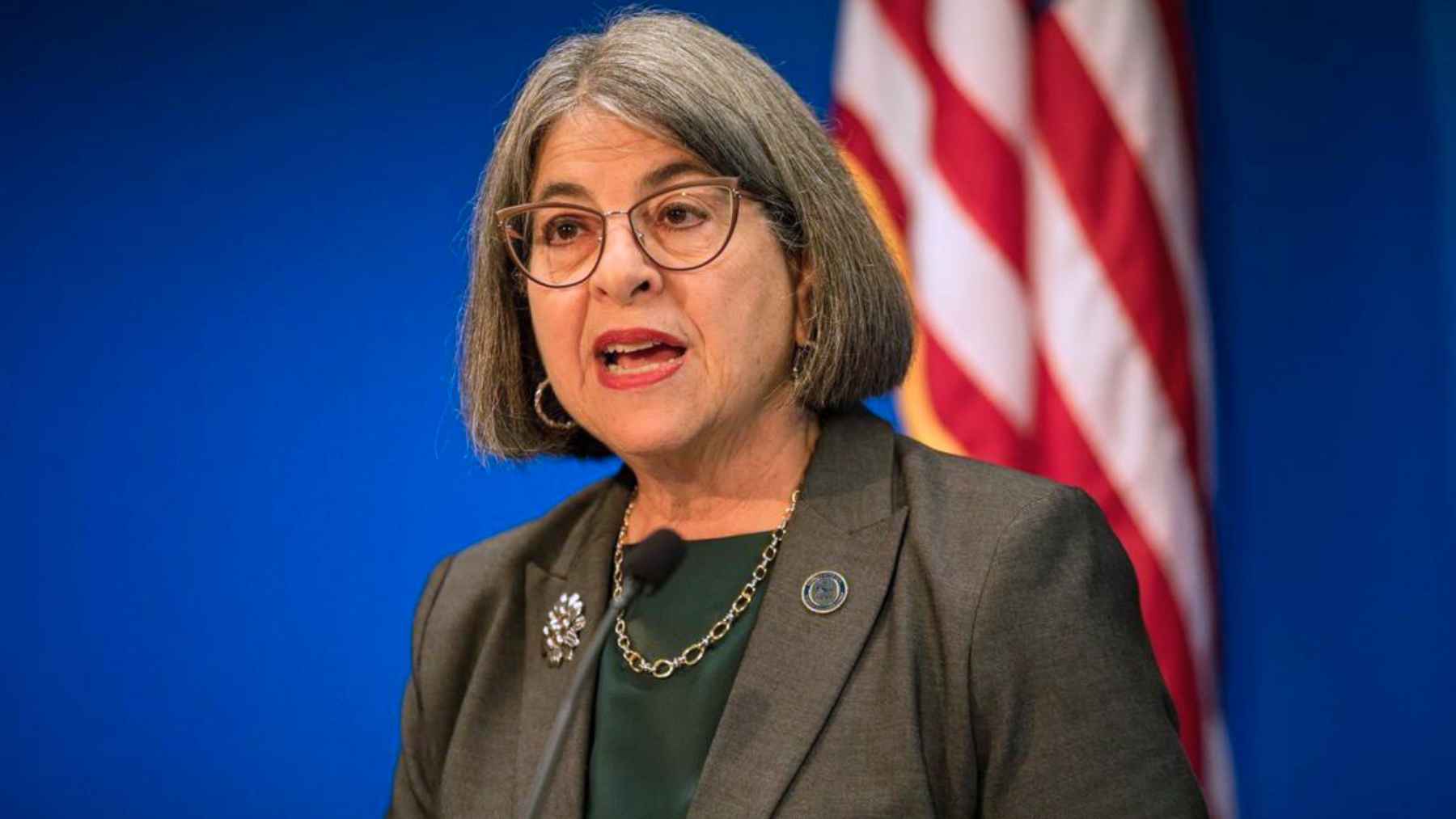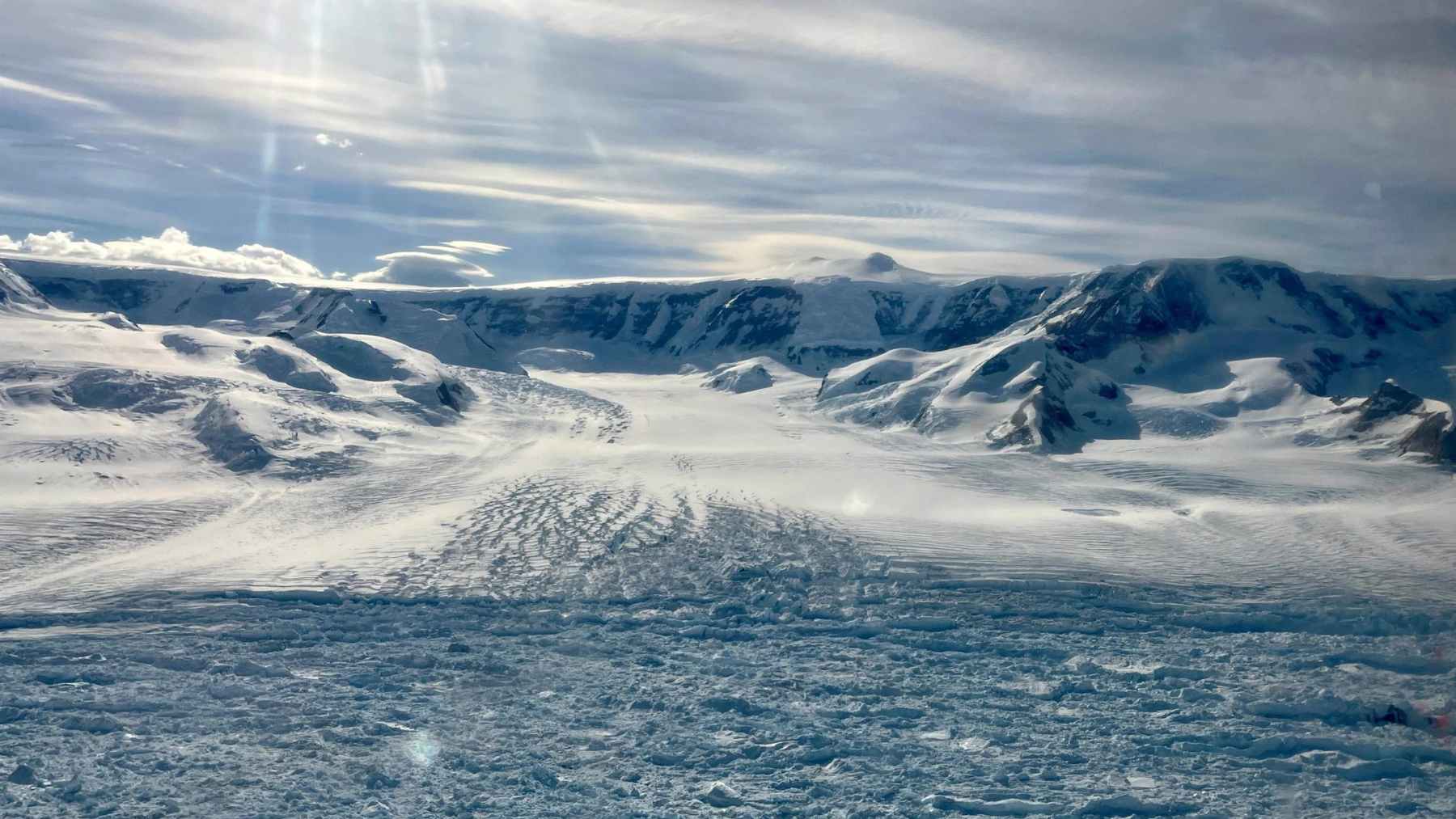The world’s two richest dreamers, Jeff Bezos and Elon Musk, are now seriously competing in the war for humankind’s future stars. While someone thinks of transferring earthly industry to the heavens- that is how Bezos would save the planet- Musk had a vision of colonizing Mars to keep humanity safe. In essence, therefore, it provokes certain interesting queries: can we maintain life beyond the planet itself? Should we? And how feasible are such aspirations?
Blue Origin sets a bold new vision: Designing habitats in space for the future of the earth
Through Blue Origin, his aerospace company, Jeff Bezos envisions that space will become a refuge for the fragile ecology of Earth. The mega plan was to ship big industries around massive habitats in space – O’Neill cylinders – to allow Earth to become the perfect natural sanctuary.
The habitats, inspired by physicist Gerard K. O’Neill, will be able to house millions of people and solve Earth’s resource limitations. Bezos asserts that growing energy demands for humankind require beyond Earth. There is no Plan B, he stresses, believing that the earth should remain home for future generations. The plan favors gradual technological advances to develop a sustainable infrastructure that will last for generations in space.
The challenges, however, are enormous-from perfecting life support systems to making one’s food and energy independent in space. Though moving, Bezos’ dream is part of a long-term strategy that will ensure the Earth remains the land of humanity. In contrast to the founder of the electric car, it has no rush of leaving the planet.
Elon Musk’s bold dream: colonizing Mars to ensure humankind’s survival
Elon Musk, the founder of SpaceX, takes a stance that is bolder and much more urgent on matters going on in the world today. He sees Mars colonization as most crucial for human survival-the destruction of Earth can come in the way of natural disasters or through human-made crises.
He has, therefore, set a goal of sending one million people to Mars by the year 2050 using starships engineered by SpaceX, making the Red Planet the second home of humanity. He envisages terraforming Mars to make it habitable.
Major among his radical propositions is detonating nuclear devices above the planet poles, releasing the trapped carbon dioxide and thereby warming the atmosphere. But however much the enthusiasm overwhelms most scientists, many remain doubtful.
Biologist Kelly Weinersmith argues in A City on Mars that challenges common to Martian colonization such as exposure to high radiation, low gravity and much worse, the hazards of reproduction under this kind of environment, are far worse than what Musk has ever been known to admit.
Musk has, however, accepted the difficulties, saying, “Mars is definitely not for the faint of heart.” But, nonetheless, he is given to continued, even unyielding, ambition in pushing all that into space, tourism notwithstanding.
The race to space: Creating sustainable habitats vs colonization of Mars
They both have an ability that can take them to that problem of space solution. To Bezos, that means building sustainable habitats in space-a feat that many technological and logistical breakthroughs will be required for. Musk must face the realities of Mars: frozen bodies, its lack of oxygen, and the 140-million-mile journey from Earth.
Critics may say that it’s better for billionaires to invest in doing something worthwhile for society-that is, doing something about basic problems on Earth such as climate change and inequality. Barack Obama, a former US president, quite famously said once that Earth is more habitable than Mars even after a nuclear war. These critiques define a tension between high-flying ambitions for space and the need to protect this planet.
The profit of space exploration is, however, undeniable. Innovations of Musk and Bezos have been driving renewable energy, robotics, and other essential parts of the solution to problems on Earth. Whether they come to fruition or fail, technologies will come to influence the populace back at home.
Pushing humanity towards the stars, the competing visions of Bezos and Musk challenge us to rethink our future. Will humans preserve Earth, or will they colonize new planets? Answers remain unclear; but one thing is certain: these dreams will shape the destiny of humankind. An ongoing debate.

